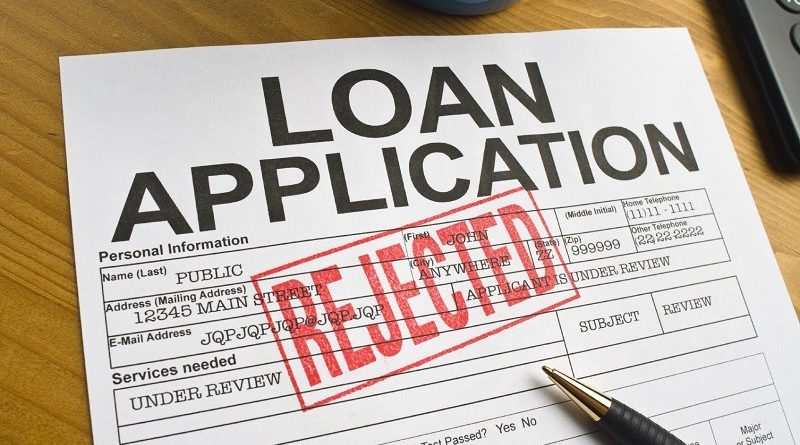Bank Credit Injection Into Lao Economy In Decline
Source: Vientiane Times
The injection of bank credit into the Lao economy has been on the decline after reaching a peak over the past several years, according to economists.
Economists from the Lao National Economic Research Institute said their domestic economic update, released in March, showed that the injection of bank loans into the economy had witnessed 10 percent growth in 2017.
However, this figure was very much lower than that for the previous year, which saw around 20 percent growth, the economists said, citing data from the Bank of the Lao PDR. The economists failed to cite the reasons for this decline.
We are offering the highest and best coverage for cars & motorbikes in Laos !
And we offer the most competitive premiums !
Life’s complicated enough. So we’ve made buying car insurance simple and fair, with all the benefits you’d expect and more. That’s car insurance the way it should be.
Try us and get your quote here or contact us at info@jclao.com / 020 77 100 200
Observers said the decline in the number of bank loans was the outcome of the government’s decision to phase out many public investment projects, particularly the construction of roads, state buildings and other public facilities.
Over the past few years, the authorities allowed private companies to borrow from commercial banks to finance public infrastructure projects. The authorities would then set up a budget to pay the debt. With this scenario, the amount of bank credit saw a huge increase.
But despite the decline in bank loans, the economists said the amount of bank credit remained high at about 10 percent. The supply of loans acted as a driving force in the development of the economy.
The private sector is the main recipient of bank loans. In 2017, credit to the private sector saw 14 percent growth, while credit to state firms saw 2.63 percent contraction. Of the total bank loans to the private sector, industries and the commerce sector received the most.
According to the economists, the government should do its best to channel commercial loans into the production of goods for domestic consumption, adding that the demand for consumer goods continues to rise, creating opportunities for these business activities.
International finance institutions, including the World Bank and Asian Development Bank, have urged the government to create more favourable conditions for the agriculture sector to develop and prosper. They said this sector should gain the most support as it employs the majority of the population.
Improvement of this sector would lead to a reduction of poverty in the country, they said.
According to the economists, money supply in Laos saw an increase of about 12 percent compared to the previous year. The growth was based on a large inflow of foreign direct investment.


